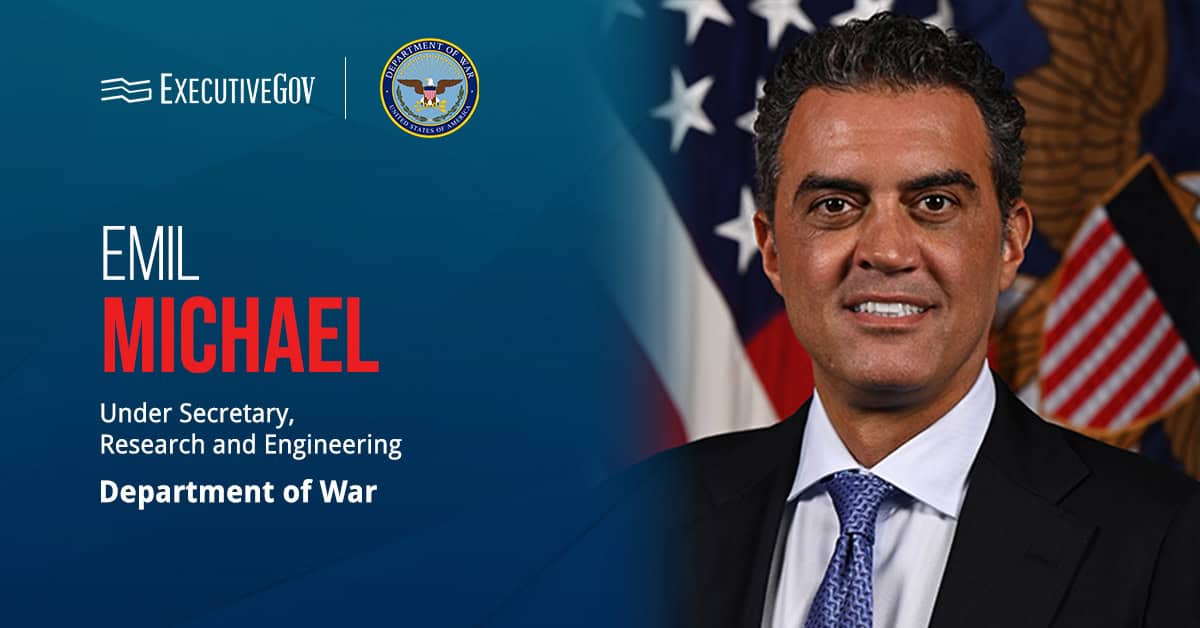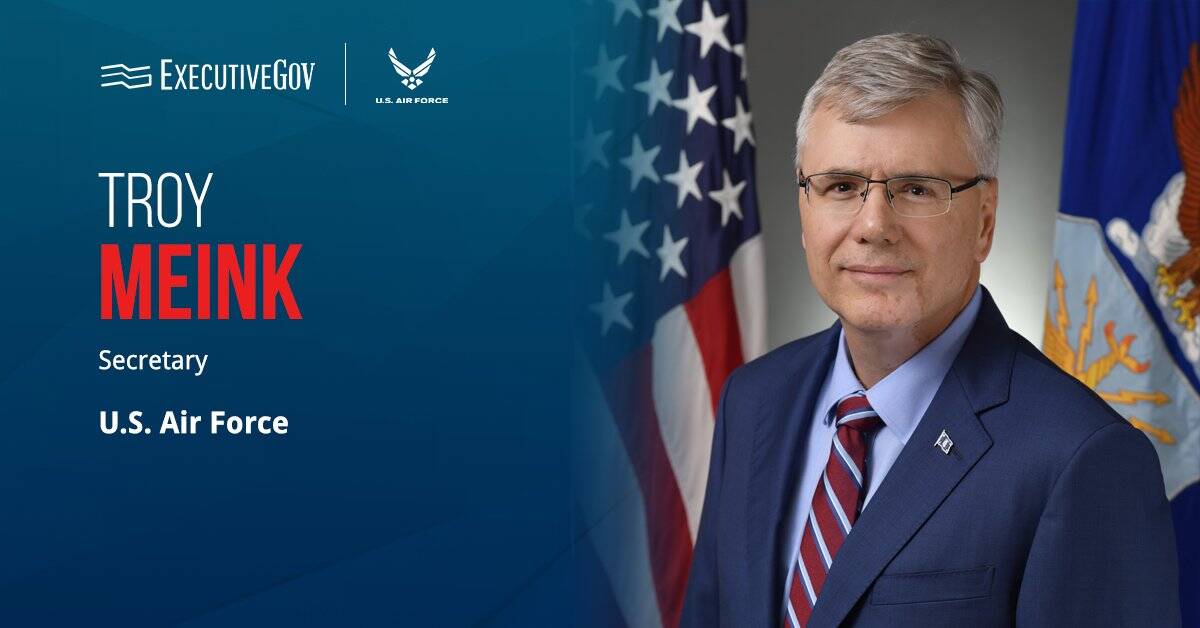 Military officials have said the Defense Department is facing challenges concerning mission objectives for cybersecurity due to cyber workforce shortages, MeriTalk reported Wednesday.
Military officials have said the Defense Department is facing challenges concerning mission objectives for cybersecurity due to cyber workforce shortages, MeriTalk reported Wednesday.Brig. Gen. Dennis Crall told Senate Armed Services’ cybersecurity and personnel subcommittee members that compensation packages in the private sector are often higher than what the military can offer cybersecurity talent, the report said.
He also noted that the DoD’s tedious security clearance process hinders cyber recruitment efforts.
Essye Miller, DoD’s acting principal deputy chief information officer, said the department’s cyber force lost around 4,000 positions over the last year or so.
The military witnesses also discussed how the Pentagon will continue to push for investments in the Army‘s cyber programs, like expansion of U.S. Cyber Command authorities, according to the report.





